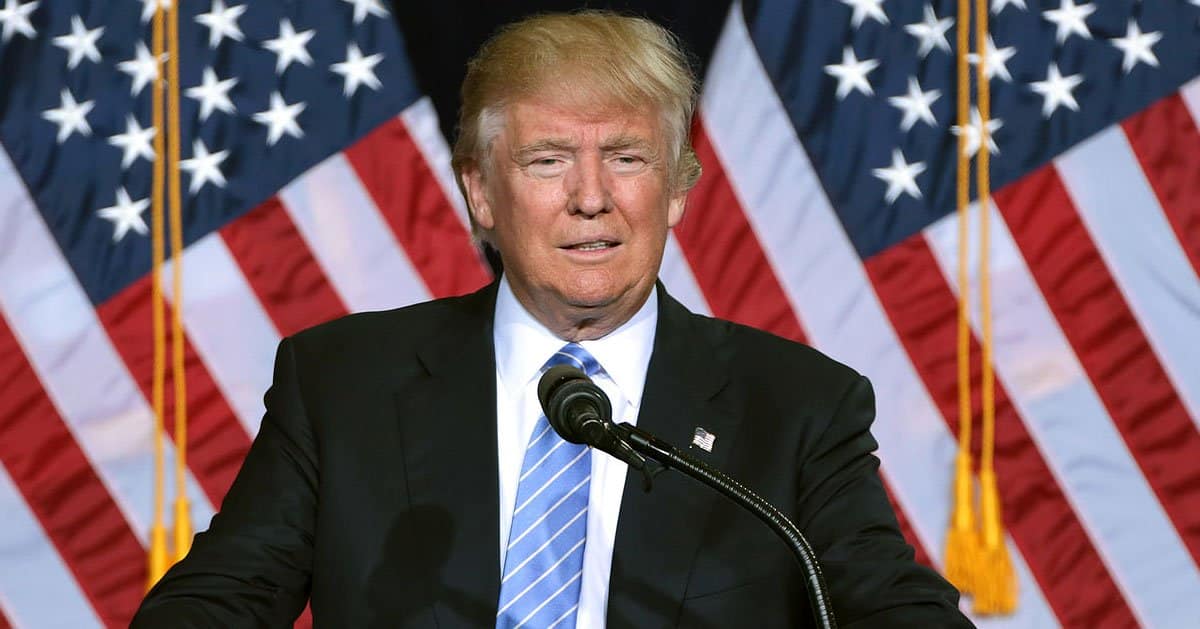







A two-year international manhunt concluded with the arrest in Mexico of Gabriel P. Calixto, bringing Immigration and crime policies under renewed scrutiny.
Homeland Security Secretary Kristi Noem is spearheading extradition efforts for Calixto, charged with murdering Illinois resident Emma Shafer, against a backdrop of controversial state and national policy debates, Fox News reported.
The crime that has ignited this political firestorm occurred in July 2023. Emma Shafer, 24, was found fatally stabbed in her Springfield, Illinois, apartment, throwing her community into mourning and sparking a widespread law enforcement response.
Following the murder, investigations quickly centered on Gabriel P. Calixto, a Mexican national who was identified as residing in the U.S. illegally at the time of the crime. Early attempts to apprehend Calixto were futile as he managed to evade U.S. authorities and cross back into Mexico.
It wasn’t until a Thursday over two years later that Mexican law enforcement was able to capture Calixto, a moment hailed as a significant breakthrough in the case.
Calixto’s capture aligns temporally with the Trump administration considering a stringent crime crackdown in cities like Chicago, including the deployment of National Guard troops and ICE agents to tackle rising crime rates.
Noem, during a press conference held in Springfield this past May, expressed severe criticism of Governor JB Pritzker's immigration policies, directly linking them to cases like Shafer’s.
"The vicious illegal alien murderer who has been evading justice for two years after stabbing Emma Shafer has been arrested. We will continue to work with federal authorities to coordinate extradition proceedings," Noem announced, expressing gratitude toward law enforcement partners.
Noem also emphasized the need for Illinois to abandon what she termed "dangerous sanctuary policies," advocating for a return to "law and order" and prioritizing the safety of American citizens.
In response, Governor Pritzker fired back, condemning the proposed federal intervention in Chicago, which is reminiscent of similar tactics considered for Washington, D.C. "A U.S. president invading a city with troops. It is un-American. We always need help with crime, but not troops," he stated, reinforcing his opposition to the deployment of National Guard troops.
In the nation’s capital, however, Mayor Muriel Bowser reported a different experience, where the deployment of federal resources has resulted in tangible decreases in crime. "This is what we think in just a couple of weeks of experience has worked," Mayor Bowser observed.
She added, "We think that there is more accountability in the system, or at least perceived accountability, that is driving down illegal behavior. We know that we have had fewer gun crimes, fewer homicides, and we have experienced an extreme reduction in carjackings," pointing to a potentially model framework for other cities grappling with similar issues.
The pursuit of justice for Emma Shafer continues as the extradition process for Gabriel P. Calixto unfolds, with international and domestic legal mechanisms engaged to ensure his return to the U.S. for trial.
This case not only highlights significant policy divergences between state leaders and federal perspectives but also underscores the complex relationship between immigration enforcement and public safety.
With Calixto’s extradition on the horizon, stakeholders are watching closely, aware that the outcome could have far-reaching implications on immigration and crime policy across the United States.



